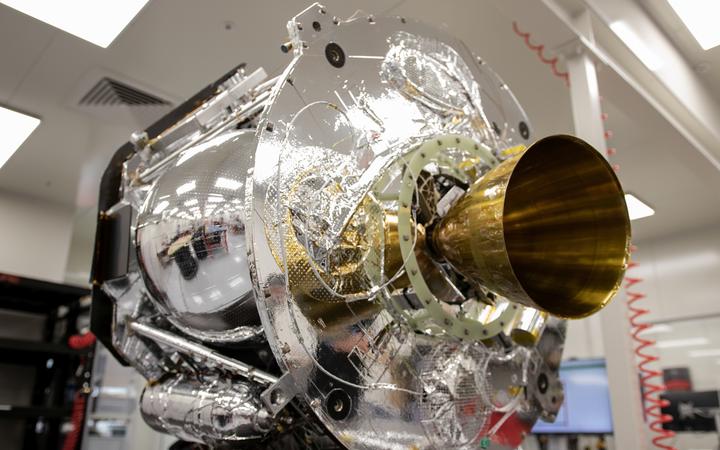Rocket Lab is narrowing down the details for its first Moon launch. The private spaceflight firm has revealed that its CAPSTONE mission will lift off from the company’s original launch complex in New Zealand sometime in the fourth quarter of 2021. The mission was originally slated to launch in early 2021 from NASA’s Wallops facility in Virginia.
The CAPSTONE (Cislunar Autonomous Positioning System Technology Operations and Navigation Experiment) cubesat will serve as a vanguard for NASA’s Artemis program. It will verify the propulsion needs for a highly elliptical lunar orbit, test spacecraft-to-spacecraft navigation systems and show the potential for private support in future missions. A successful mission would help NASA’s future Gateway spacecraft safely approach and orbit the Moon.
The launch should also represent a technical breakthrough for Rocket Lab. While the Electron rocket will serve a familiar role in carrying the mission into space, this will be the first time the company uses its Photon platform to put a satellite on a lunar trajectory.
CAPSTONE could serve as redemption for the company. Rocket Lab has dealt with two prominent rocket failures, and only recently resumed launches following its May incident. A successful Moon launch would both reinforce that return to form and show that Rocket Lab can handle particularly ambitious projects.
A small launch vehicle, as used by Rocket Lab, has never been used to launch a mission to the Moon.
“This is not just significant for Rocket Lab but this is significant internationally,” Bailey said.
“What it really means is that we are bringing down the cost and the complexity and the time of being able to conduct really big science with really small spacecraft.”
The contract is valued at just under $10 million, which Rocket Lab said made it one of the most affordable lunar launches undertaken.



